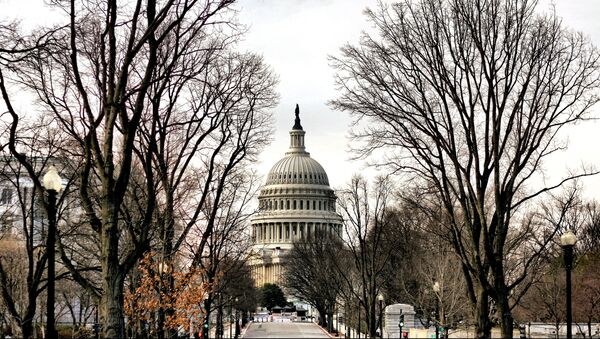Although House Republicans rallied against the huge spending bill, the Health and Economic Recovery Omnibus Emergency Solutions (HEROES) Act still passed by a vote of 208 for and 199 against.
The vote was a historic first, with lawmakers first electing to allow representatives to vote by proxy, meaning those not present in the House chamber for the vote could direct other lawmakers to cast specific votes for them. The vote on this decision happened along party lines, with all Republicans voting against the measure.
The roughly 1,800-page bill is actually the fifth piece of major legislation passed by Congress to address problems created by the COVID-19 crisis. While others have aimed at buttressing specific sectors of the economy, such as agriculture and health care, the HEROES Act is just the second to promise stimulus checks to American families. The first, the Coronavirus Aid, Relief and Economic Security (CARES) Act, was passed on March 27 and included $2 trillion in funding, including checks of up to $1,200 for US residents.
The HEROES Act includes funding for a second round of such payments, following the same rules as the first.
Also included in the HEROES Act are $1 trillion in aid to state and local governments; $10 billion for the Supplemental Nutrition Assistance Program (SNAP); $3.6 billion in grants to states for contingency planning; funding to support an expansion of COVID-19 testing, contact tracing and treatment, according to the White House’s national testing strategy; financial support for qualified renters and homeowners to help them avoid evictions and foreclosures; and an extension of $600-per-week unemployment benefits through January of next year.
It also includes provisions to help farmers as well as workers categorized as “essential,” such as those in the transportation industries, along with extended work visas for immigrants and funding for extended family and medical leave.
The bill has been attacked from both sides, as conservatives rally against another huge spending bill and progressives charge that the bill’s measures don’t go nearly far enough. For example, one amendment introduced by Democrats drastically restricted the scope of student loan forgiveness for which it provides, even though it was Democrats who initially introduced the bill.
However, US President Donald Trump said earlier this week the bill is "DOA. Dead on arrival. Of course, [House Speaker] Nancy Pelosi knows that.”
Senate Majority Leader Mitch McConnell, who leads the upper house’s Republicans, has said Congress needs to “push the pause button” before moving forward with “this whole business of additional assistance for state and local governments.” He told Fox News on Thursday that Senate Republicans would only agree to support a bill after negotiations with Trump.


